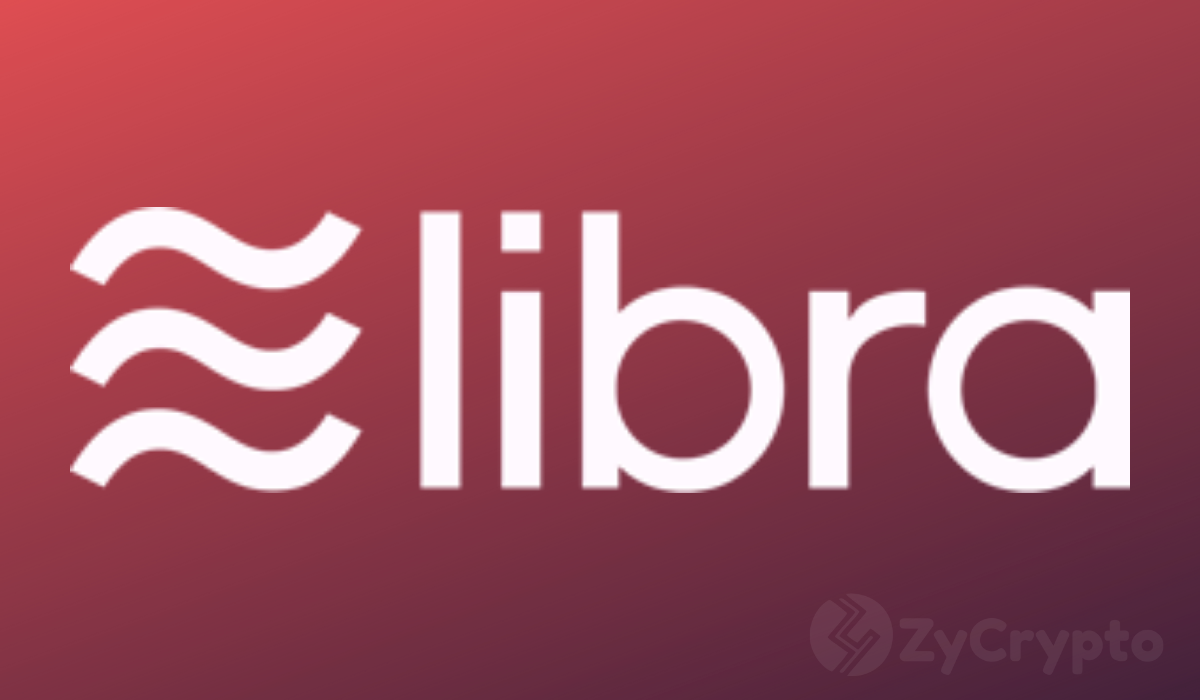Facebook rocked the world with its blockbuster Libra announcement in June and sparked fear among many governments all over the world. The United States has already conveyed its stance on Libra. President Donald Trump expressed his distaste for the project back in July while US Treasury Secretary Steven Mnuchin asserted that Libra is a serious threat to national security. In particular, Mnuchin mentioned that the digital asset could be used for money laundering and funding terrorist attacks.
Now barely a month after the European Union (EU) started an anti-trust probe into Facebook’s cryptocurrency project Libra, France and Germany announced that they would curtail Libra’s development in Europe. The countries’ hard stance on Libra is not unfounded, as one financial analyst, Cathie Wood claims.
France And Germany Fired Their First Salvo Against Libra
Speaking about Libra during the Organization for Economic Co-operation and Development (OECD) conference in Paris, France, on September 12, Bruno Le Maire, Minister of Economy and Finance declared that they would not allow the development of Libra in Europe due to “serious concerns” regarding the crypto project.
Shortly afterward, Germany jumped on France’s anti-Libra bandwagon, with the two nations subsequently issuing a joint statement stating that they would hinder any development of Libra in Europe. The EU giants cited that “no private entity can claim monetary power, which is inherent to the sovereignty of nations”, as reported by Reuters.
Le Maire and Germany’s Finance minister Olaf Scholz supported the plans by the European Central Bank (ECB) to develop a central bank-backed digital currency to rival Facebook’s Libra, noting:
“We encourage the European central banks to accelerate work on issues around possible public digital currency solutions.”
Notably, France is a burgeoning hub for blockchain technology and cryptocurrency. On April 15, 2019, the French government adopted new laws that allowed companies associated with digital assets to receive licenses from France’s financial regulator, AMF.
During the same month, France’s Bruno Le Maire voiced his utter support for blockchain and also his hope of making France “the benchmark for the development of this industry and its regulation on the international stage”. In addition, French financial giant Societe Generale issued a 100 million Euro bond on the Ethereum public blockchain on April 18.
So, why does the thought of Facebook’s Libra gaining traction in Europe repulse the European Union countries now?
According to Cathie Wood, this move by France and Germany could have been prompted by the two nations’ fear that Libra could cause the collapse of their fiat currency, the Euro.
Germany And France Concerned About Long-term Viability Of The Euro: Cathie Wood
Cathie Wood, founder, and analyst at ARK, suggests that with the fall of the bank stocks in Europe in mind, Germany and France are right to be concerned about Libra’s impact on the euro. Yet, she explains that she did not anticipate developed countries with strong currencies to shy away from digital assets like Libra.
Wood noted:
“I expected emerging markets with vulnerable currencies to ban #crypto, but I did not expect the same from developed countries. Are France and Germany getting concerned about the long term viability of the #euro? Based on the implosion of their bank stocks, perhaps they should be.”
Notably, macroeconomist and analyst Raoul Pal suggested that the global economy is on the brink of collapse – since the Eurozone crisis in 2012- and national currencies like the euro will not have a chance of survival. On the other hand, cryptocurrencies will flourish in such chaos.
Libra Does Not Pose A Threat To Sovereign Currencies, Says David Marcus
Evidently, Facebook is determined to roll-out its Libra project despite the constant attack from regulators. Yesterday, Libra co-creator and head of Calibra David Marcus took to twitter to defend the project against skeptics who think Libra will be a threat to monetary sovereignty, as put forward by Germany and Finance officials.
In a series of tweets, Marcus explained that Libra is tailored to be a “better payment network and system” built on top of existing fiat currencies for customers around the globe. He stated that Libra will be backed 1:1 by strong fiat currencies (like the U.S dollar, euro, British pound, Japanese Yen and the Singapore dollar), therefore, there’s no chance of interfering with sovereign currencies because no new money will be created.
Marcus went on to say that the Libra team is open to strict regulatory oversight and discussions with regulators:
“We also believe strong regulatory oversight preventing the Libra Association from deviating from its full 1:1 backing commitment is desirable.”
In conclusion, the former PayPal CEO said Facebook is willing to continue working with central banks, lawmakers to fully address any concerns they have regarding the Libra project.







